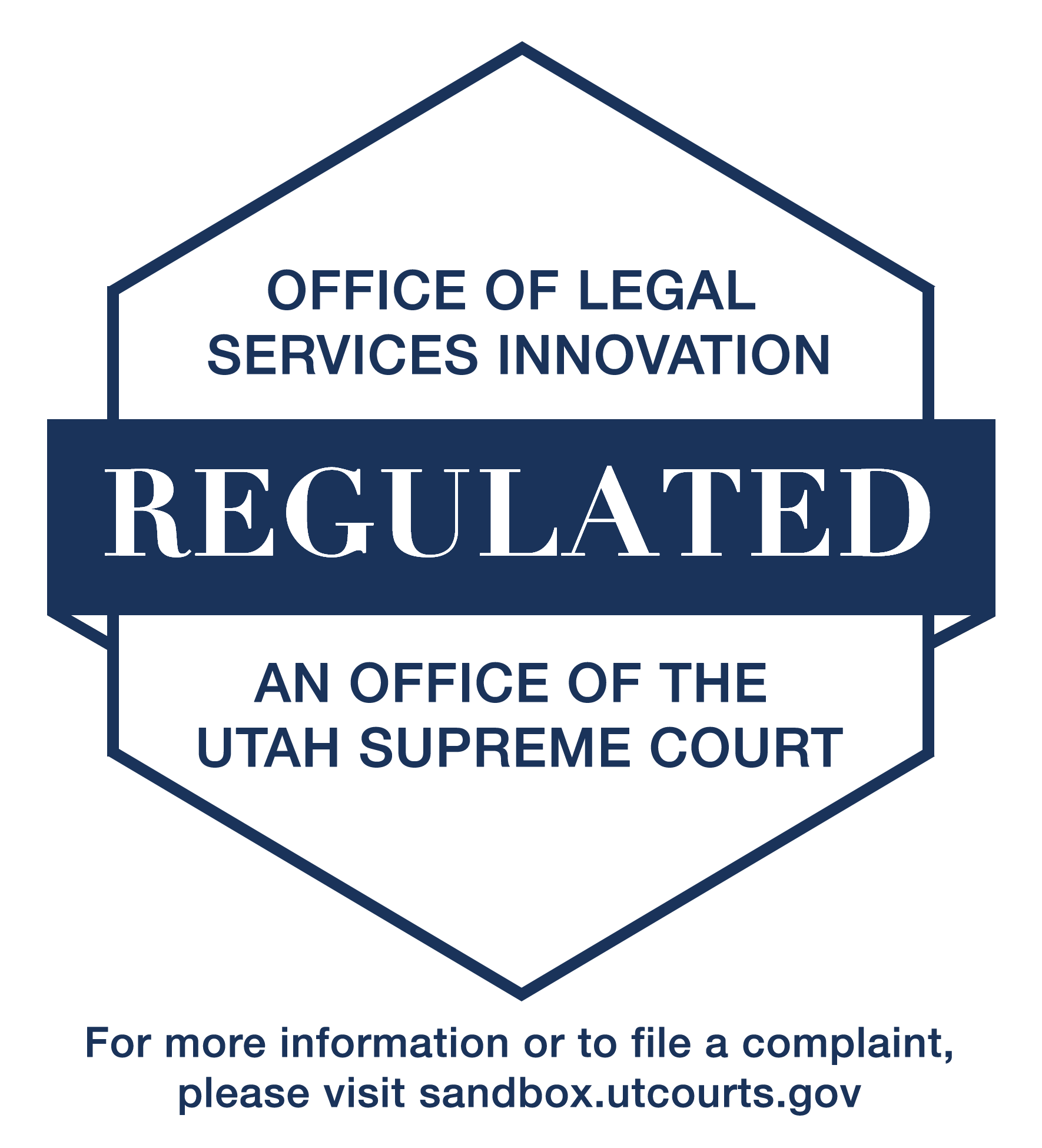Get legal assistance online. Chat with a lawyer for free!
Chat NowDisclaimer
The statements on this website are not legal advice and are provided solely for informational purposes! These statements provide only a very general outline of the law. If you have any kind of legal concern, please contact an attorney.
Understanding of Rules of Evidence
- Most cases, whether it is civil or criminal, turn on the admissibility of evidence. The rules of evidence are a complex and confusing aspect of the law that must be understood by any attorney who enters the realm of litigation. Failure to know when to object to a piece of evidence can prove costly both at trial and on appeal. Knowing when to object and preserve issues for appeal is crucial due to the fact that the appellate court will only consider evidence on the trial record. Not having knowledge of the rules of evidence can wind up costing you, the client, significant legal fees, and can even wind up costing you your case.
Confidence
- This entails more than swagger that anyone can portray. A litigation attorney must be able to convey to the client, opposing counsel, and the judge that he or she has a complete handle on the case. Your attorney shouldn’t just be giving you options to choose from. An attorney should have answers for you and give you a firm recommendation on which direction to take.
Organization
- No one wants an attorney who has no idea where important documents are hiding amongst the pile of paperwork on his or her desk. Being organized is a good sign that your attorney knows what he or she is doing and that he or she is handling your case properly.
Honesty
- This is perhaps the most important quality of any attorney (or any one person for that matter). A good attorney will not be afraid to tell you the truth, whether you want to hear it or not. This includes turning away clients whose cases the attorney does not typically handle.
Ability to Absorb
- Any attorney must have the ability to learn. A good attorney is like a sponge, always absorbing new information, or a new area of the law. When taking on an old client with a new problem in an area in which the attorney may not be completely familiar. An honest attorney will tell you whether or not he or she can take the facts of the case and absorb a new area of the law in relatively short order. Although some areas (such as tax law and patent law) that require a specialist, a good attorney will be able to learn most areas of the law.
Clear Fee System
- Your attorney should be able to spell out for you, in very clear and concise terms, the attorney’s compensation terms. Most civil injury attorneys work on a contingency basis (i.e. we don’t get paid if you don’t get paid) and will take a percentage out of any monetary recovery that you may be entitled to (usually not more than 33% if the case is settled before trial/mediation/arbitration). Any hourly rate should be clearly and concisely explained along with the billing system that the attorney uses. There are certain areas of the law in which an attorney is not allowed to accept a contingency agreement under any circumstances, such as criminal cases and domestic cases. Be very wary of, and question the ethics of, an attorney that offers a contingency rate in either the criminal or domestic realm. Also keep in mind that attorney ethics rules are iron clad, so the client should not ask the attorney to be unethical in any way (a good attorney that is worth what he or she is being paid will refuse to be unethical in any way).
Good Negotiation skills
- Although this is not the message the popular media/culture likes to portray, cases rarely, if ever, go to trial. However, portraying a willingness to take a case to trial can be a strong factor in negotiation. For this reason, your attorney needs to be able to negotiate and be able to do it well. An attorney that has a pleasant energy surrounding him or her is more likely to get you the settlement you deserve than one who is cranky, confrontational, rude (all of which are unethical). Being cooperative is not a sign of weakness, rather, it is a sign that your attorney is right on top of things and knows the strengths and weaknesses of your case. Be wary of the attorney that promises you the world rather than being upfront and honest with you.
People Skills
- An attorney spends most of his or her time dealing with other people (clients, co workers, judges etc), so this is an essential skill. When put into context with negotiation skills, you want an attorney that can negotiate aggressively for you, but at the same time knows how to deal with the people he or she is negotiating with. This is important to remember if you want to be a repeat customer of the attorney. If an attorney has good people skills, he or she will be able to communicate clearly and concisely what the strengths and weaknesses of your case to both you and the target audience.
Persuasiveness
- An attorney must be able to convince the opposition of the strengths of his or her client’s case. But please remember the previous skills. An attorney cannot ignore the weak points of your case, but at the same time, a good attorney will be able to emphasize the strong points in order to get you proper compensation for your injuries. An attorney must be able to do this ethically and professionally without being a bully. With this in mind, the attorney must be able to understand and relate to his or her audience (such as an insurance adjuster).

